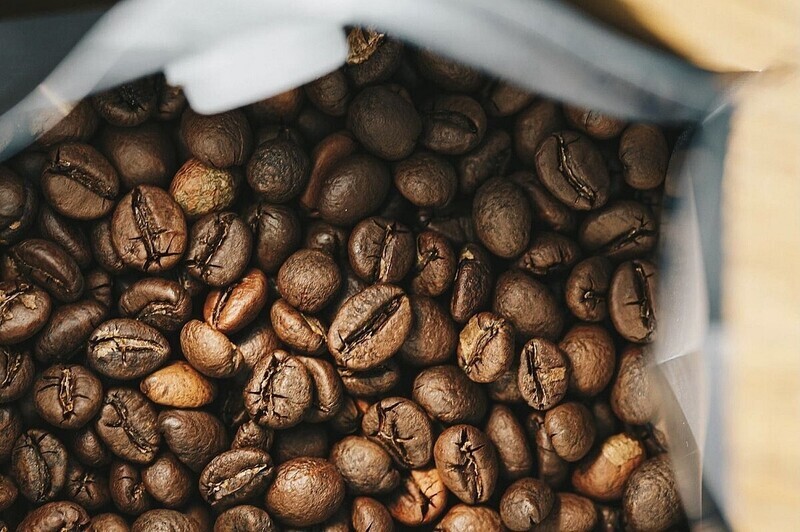
Vietnam eyes bigger slice of EU farm produce market
19:05 | 23/03/2025 16:54 | 16/08/2025Trade
On September 3, the European Commission (EC) officially ratified the Free Trade Agreement (FTA) between the European Union (EU) and the MERCOSUR bloc of Latin American countries, while urging member states to rapidly approve it to establish the world’s largest free trade area, encompassing approximately 700 million consumers.
EC President Ursula von der Leyen emphasized that the agreement will provide immediate benefits for EU businesses and the agricultural and food sectors through reduced tariffs and costs, thereby contributing to economic growth. Meanwhile, European Council President Antonio Costa described the deal as a “remarkable opportunity” to strengthen the EU’s competitiveness and expand markets for new products and services.
Under the agreement, MERCOSUR countries will gradually eliminate import duties on 91% of goods from the EU, including automobiles, chemicals, wine, and chocolate, which currently face tariffs of up to 35%. The EC estimates that the FTA could help European companies save more than EUR 4 billion (USD 4.6 billion) annually in duties and boost exports to MERCOSUR by 39%, equivalent to EUR 49 billion (USD 57 billion). In return, Brazil and its neighbors will gain expanded opportunities to export meat, sugar, honey, soybeans, and other products to the EU market.

This agreement represents the first formal step before the text is submitted to the 27 EU member states and the European Parliament. For it to enter into force, at least 15 countries together with the European Parliament must ratify it. However, France has expressed concerns that low-cost agricultural imports from South America could negatively impact European farming. To address these concerns, Brussels plans to include a “legal text” to strengthen safeguard measures for sensitive products such as beef, poultry, sugar, and ethanol.
The ratification process is expected to face extensive debate in the European Parliament, particularly concerning sanitary and environmental standards. Nevertheless, the agreement has received strong support from Germany, while Italy remains cautious, requesting further consultations.
Over the past year, the EU has also expanded FTA negotiations with the United Arab Emirates (UAE) and Malaysia, and intensified cooperation with India, South Africa, and other partners. EU officials underline that in the context of geopolitical instability, diversifying supply chains and engaging with trusted partners is “essential” to ensure long-term economic and trade stability.
With the EU-MERCOSUR FTA, the EU aims not only to boost exports and reduce costs but also to consolidate its trade position amid increasingly intense global competition.

19:05 | 23/03/2025 16:54 | 16/08/2025Trade

19:05 | 23/03/2025 10:51 | 18/06/2025Tourism

19:05 | 23/03/2025 15:31 | 14/06/2025Cooperation
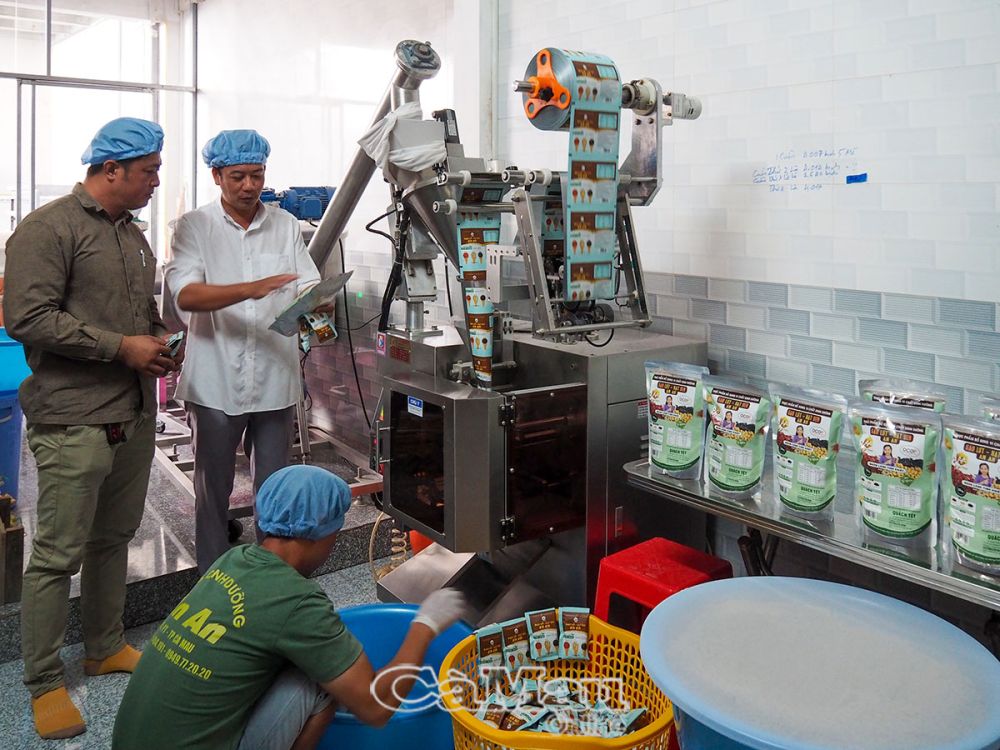
19:05 | 23/03/2025 20:10 | 04/11/2025Industry
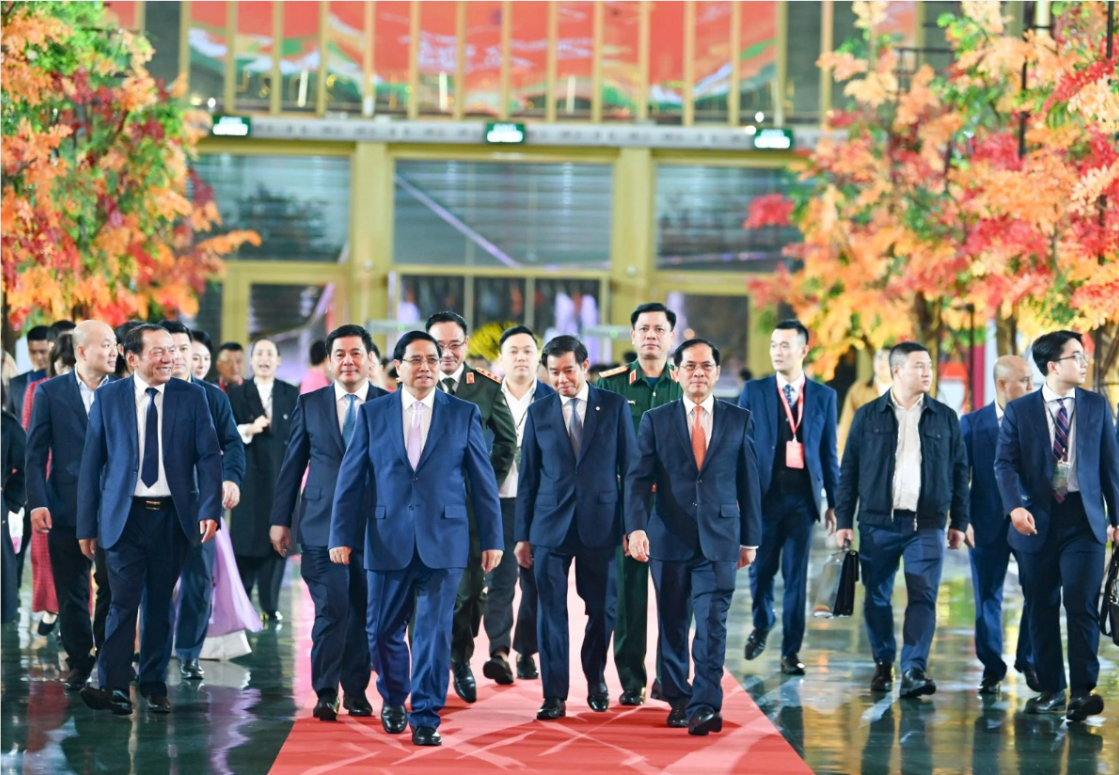
19:05 | 23/03/2025 20:09 | 04/11/2025Trade
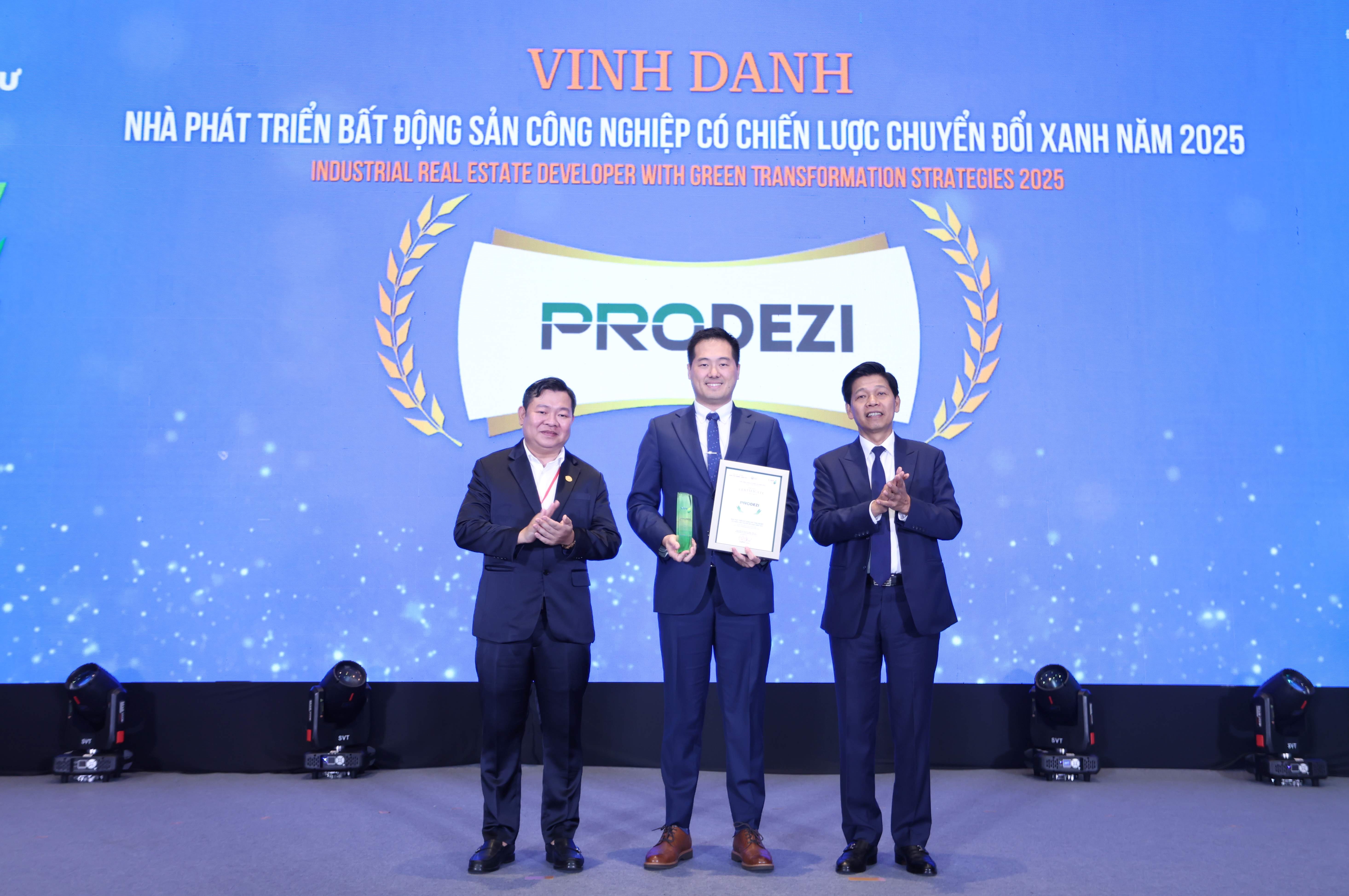
19:05 | 23/03/2025 20:06 | 04/11/2025News and Events
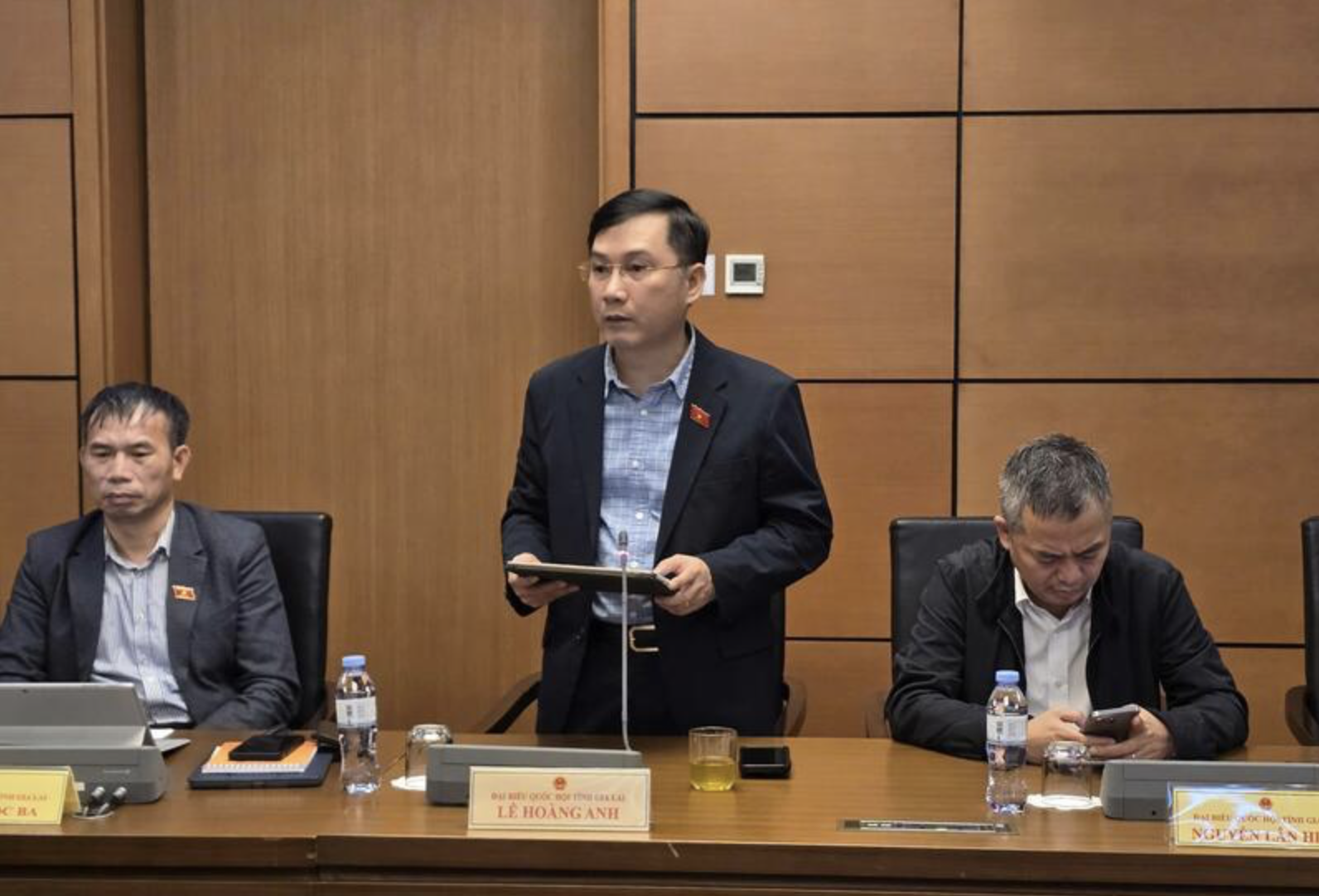
19:05 | 23/03/2025 11:43 | 04/11/2025Trade
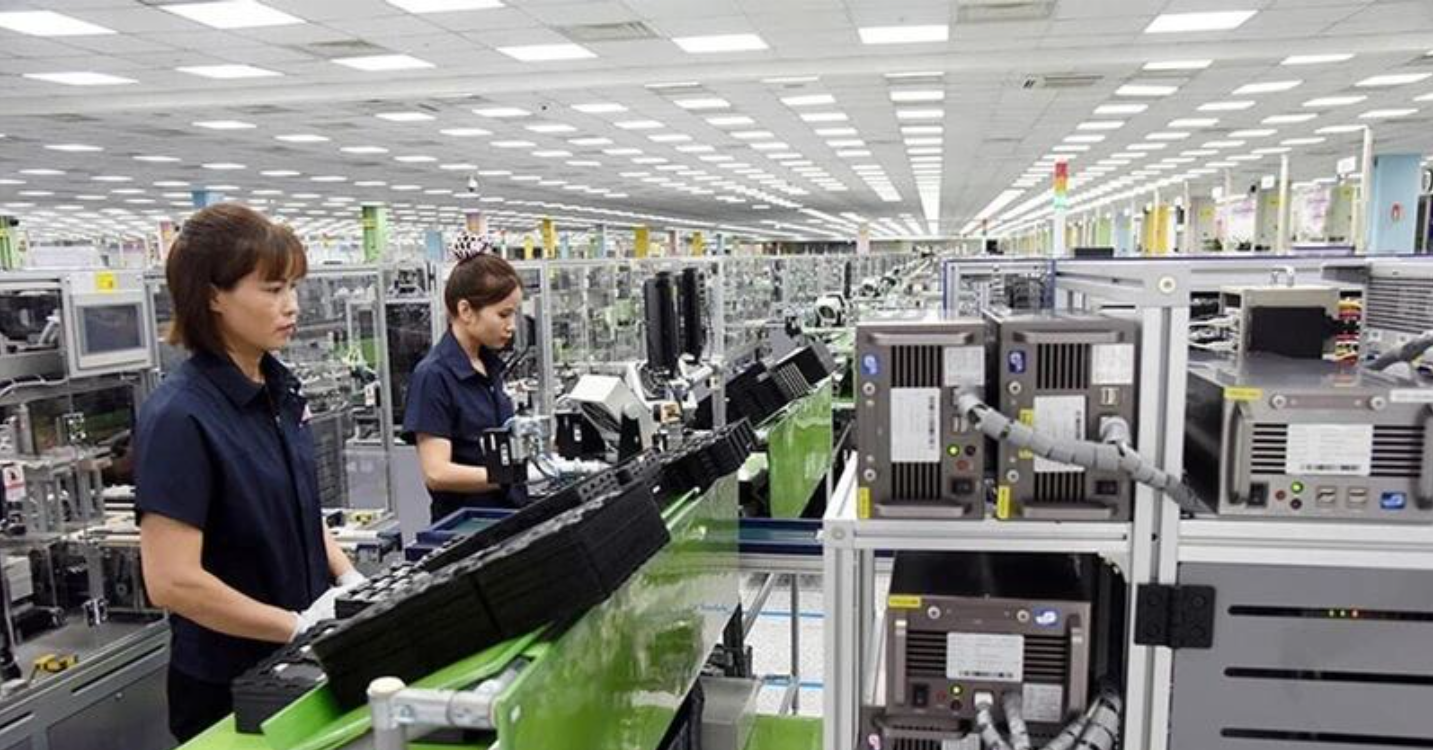
19:05 | 23/03/2025 11:39 | 04/11/2025Industry